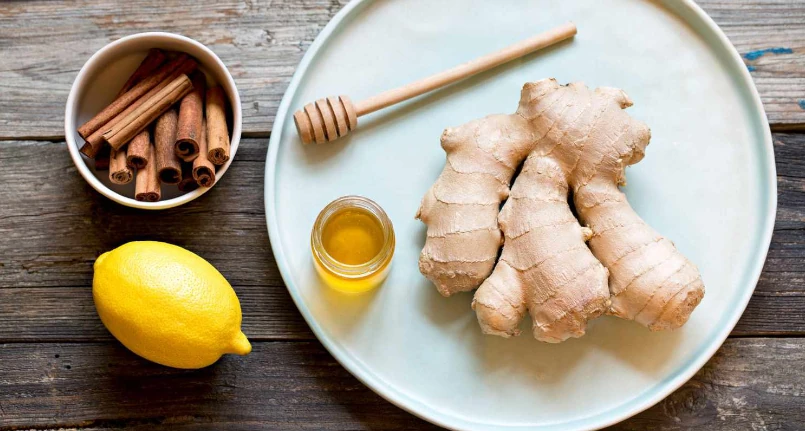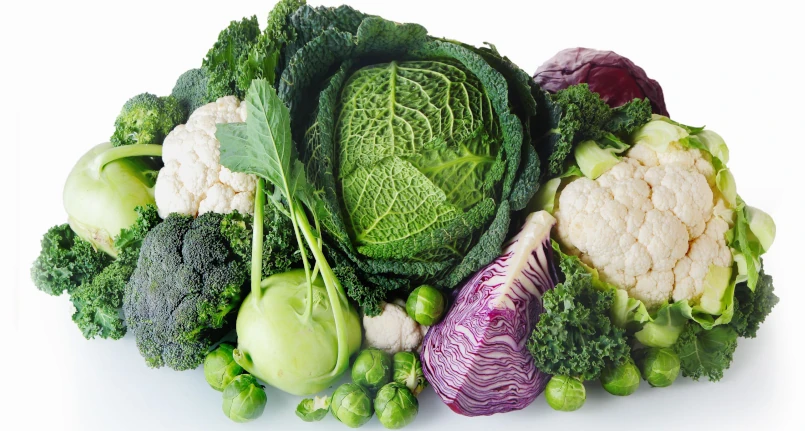Introduction
The benefits to the body when you stop taking sugar for a limited period of time, such as a month, are immediately evident. This is confirmed by nutritionists and experts: limiting the consumption of sugar is known to have positive implications for the correct functioning of the body. The first is weight loss , but in the long run you will also notice beneficial effects on mood, energy and brain function. Consuming too much sugar is an unhealthy habit, which can lead to the onset of serious diseases and problems such as obesity, diabetes , dental caries , etc.
Limit the consumption of sugars: benefits
Among the many benefits of eliminating sugar and foods that contain high amounts of it, we mention:
- Weight loss : weight loss is the first positive consequence of reducing sugar. Sugar asks for sugar, in a risky mechanism that must be stopped. With a drastic glycemic reduction, in fact, appetite is regulated and the daily caloric intake decreases. Excess sugars, in fact, are not disposed of by our body, but transformed into fats that accumulate and become excess kilos ;
- Improves digestion : Reducing or eliminating sugar has benefits throughout the body. In fact, sugar tends to feed bad bacteria , parasites and fungi;
- Strengthens the intestine : excess sugar causes swelling, inflammation and lack of assimilation of nutrients . Eliminating or limiting sugars allows you to keep intestinal walls and bacterial flora healthy .
- Improves Skin : Excess sugar interferes with collagen . That is, the oxidative process called glycation takes place , which causes damage to the cells , causing the appearance of wrinkles , dull complexion and dry and flaky skin .
- Improves mood : Excess sugar, contrary to what is believed, does not improve mood. Allowed for a few small squares of dark chocolate , but not refined sugars or hidden in industrial and packaged foods;
- Improves brain function : excess sugar causes glycemic peaks , to which our body responds by producing more insulin and overloading the pancreas . This process affects the feeling of tiredness and sleepiness .
- Improves energy : reducing sugars makes you feel more energetic, contrary to what one might mistakenly think.
Sugar: how much to consume?
Sugar is found naturally in many foods which, in any case, should not be lacking in a healthy diet, such as fruit for example. The advice of nutritionists is to eliminate sugar from packaged foods and prefer foods that contain less than 6 grams of sugar per 100 grams . In the case of fruit, however, attention must be paid to the sugar content of the different fruits. An example: berries , kiwis , strawberries , apples or pears are much better than grapes , figs or mangoes .
The World Health Organization (WHO) recommends not exceeding the dose of simple sugars equal to 10% of the daily caloric intake . If you eat a 1500 calorie diet , for example, this amount will correspond to about 6 teaspoons of sugar per day. This recommendation mainly refers to added sugars found in packaged and industrial foods, not naturally in food such as fruit ( fructose ) or milk and cheese ( lactose ).
Foods to avoid if you want to cut out sugar
To eliminate or drastically limit sugar intake, it is essential to know all those foods which, unsuspected, actually contain it. Hidden sugars are found in many foods, such as:
- Tomato preserves and ready-made sauces (sugar is often added in industrial processes to balance the acidity of the tomato);
- Cured meats: in some types of cooked ham , mortadella and other pork sausages sugars are added during the processing phase. In cold cuts packaged in trays there are often sugars and preservatives ;
- Frankfurters and sausages
- Breakfast cereals with glazes, honey , chocolate , are obviously enriched with significant amounts of sugar.
- Loaf of bread (contains a lot of sugar which helps in preservation and softness)
- Breading of packaged foods such as cutlets , fish au gratin, breaded vegetables . The sugar in the breading makes it much more crunchy;
- Sauces : mayonnaise , ketchup, sweet and sour sauce , soy sauce , glazes such as balsamic vinegar;
- Fruit and vegetable jams and marmalades
- Sweet or savory snacks (also gluten-free and lactose-free: it does not equate to sugar free)
- Fizzy drinks and fruit juices .
- Stews , soups and ready meals in which sugar is often used as a thickener
- Yogurt and ” light ” cheeses , low in fats , but no sugars (pay attention to the labels ).




